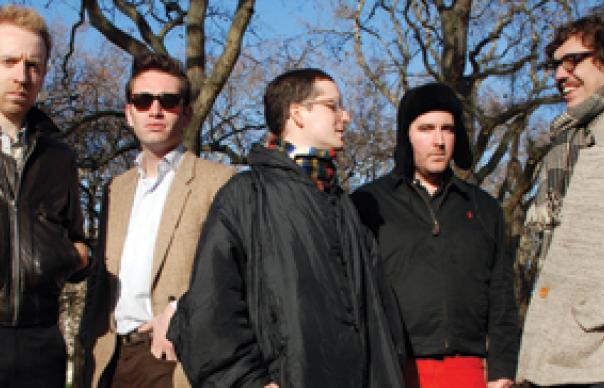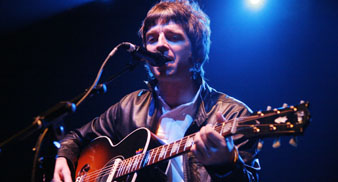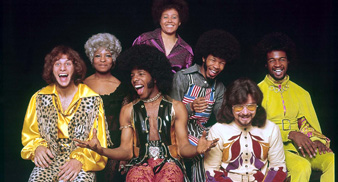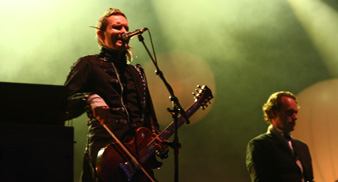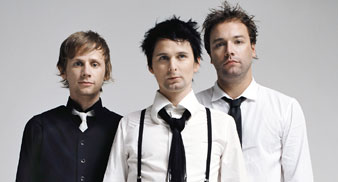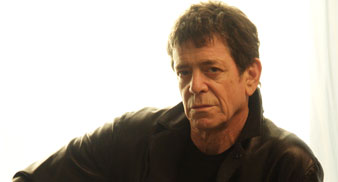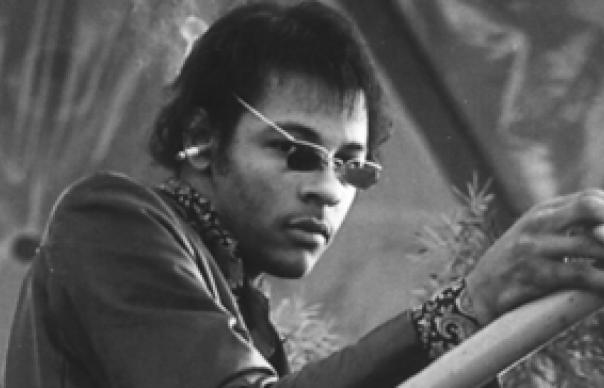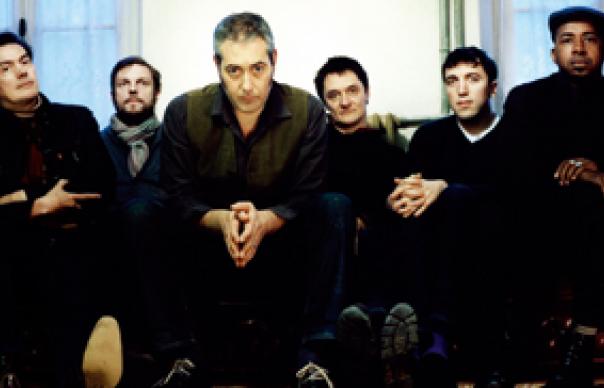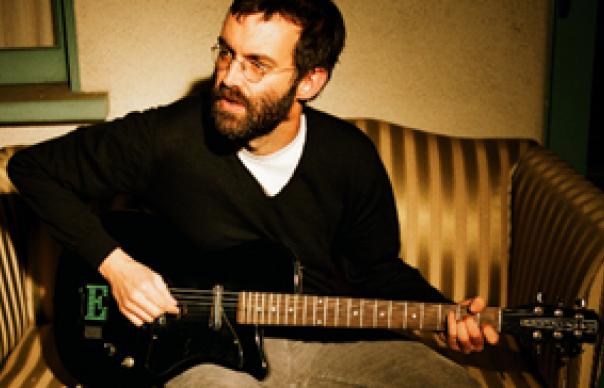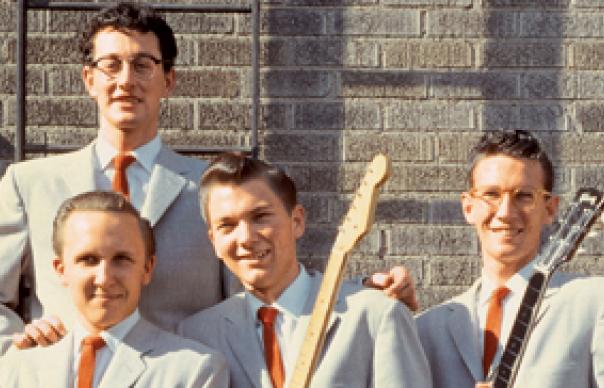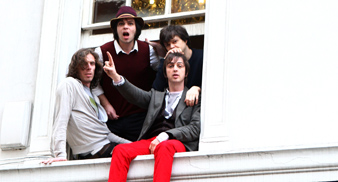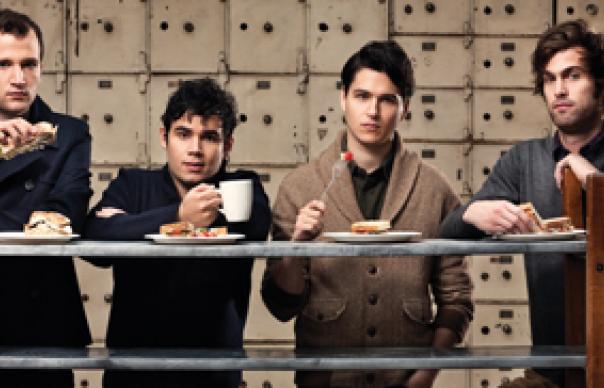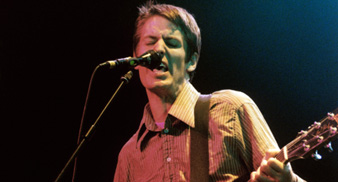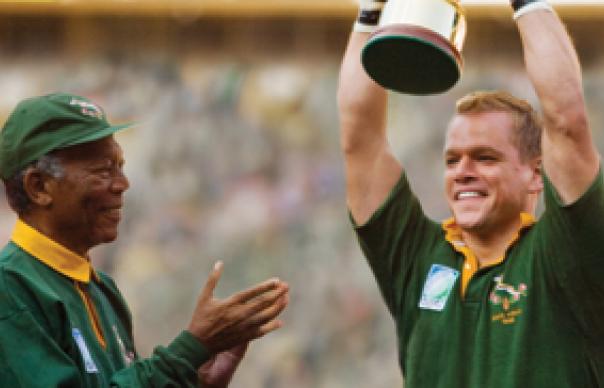Go into The Sea blind, without knowledge of Corinne Bailey Rae's recent biography, and what hits you is a mixture of emotions. Oddly, for a soul record, there's little sex, no preening, and none of the ritualised heartbreak you'd get from one of those production-line Dusty Springfields who dominate the charts. It's also a thousand miles away from Bailey Rae's four-million-selling debut, which placed the Leeds-based singer on the same commercial footing as Amy Winehouse in 2006. Something, clearly, has happened. Listen again, and what you hear is a sense of loss, sad love, and bruised regret; but the darkness is rendered oddly sweet by the softness of Bailey Rae's voice, and her habit of singing in a bird-like whisper. She has been listening, apparently, to Sly Stone and Curtis Mayfield, and has taken on board the way Nina Simone could flick a switch between absent-minded harmonising and entering the abyss. And, yes, there are jazzy flourishes in a sound that locates its inspiration in the mid-1970s, but it's not really a retro work; thankfully, there's none of the sense of pasted-on, post-modern pastiche that makes chart soul such a chore. So, what happened? The short explanation is that Bailey Rae's husband, jazz musician Jason Rae, died. In March 2008, when Bailey Rae was in the middle of writing her second album, Rae accidentally overdosed on methadone and alcohol. Understandably, Bailey Rae was suffused with grief, and did little work for a year. And when she returned, collaborating with a new band of Leeds-based musicians, under the direction of producers John Ellis and Steve Brown, the songs seemed to inhabit a different mood - mournfulness, underscored by resilience. Remarkably, the album also sounds optimistic. It's not, as the marketing shorthand would put it, Bjork doing Back To Black. It's a delicate, individual record, from the same neighbourhood as Paul Weller's recent excursions in rustic soul, but instead of Weller's creosotey vocals, the emotion is carried in a Minnie Riperton trill. The mood is established by "Are You Here", a gorgeously personal love song written in the midst of loss. The vocal is half-whispered and blurry, and the tune has a tidal feel, pulled along on a simple bass riff towards a swelling refrain. The words are only half-audible, but their meaning is not: it's a beautiful lament, in which the sense of loss is numbed by the power of fond memories. "He's a real live wire," Bailey Rae sings, "he's the best of his kind, wait till you see those eyes." The gentle "I'd Do It All Again" follows, with Bailey Rae sounding even more bereft. Here, a word of caution is required. The song may sound like a post-mortem, but it was actually written in January 2008, after Bailey Rae had a bad argument with her husband. Still, it's hard to believe that the song's mood - mournfulness, stretching into mellow acceptance - wasn't darkened by subsequent events. It ends on a heartbreaking note, as the tune falls away, and Bailey Rae addresses her lover directly. "Oh, you're searching for something, I know," she murmurs, "that will make you happy." There are lighter, more chart-friendly moments. "Paris Nights/New York Mornings" has an abundance of sass, "Paper Dolls" boasts a big pop chorus, and a wonky Joe Meek-style synth, and "Closer" is a straightforward cut of handbags-on-the-dancefloor bump-and-grind which bears no comparison to the Joy Division album of the same name. It's the only directly sexual song, but also the least emotionally affecting. Better by far is "I Would Like To Call It Beauty", a ballad so slow that the melody almost folds into itself, with one of Bailey Rae's most affecting vocals floating woozily upon a mournful organ. It's intimate and elegiac, but also sanguine. Finally, there is "The Sea", which sounds like Bailey Rae dispensing advice to herself. "Goodbye paradise," she sings, sounding only half-lost. Waving, not drowning, you might say. Alastair McKay
Go into The Sea blind, without knowledge of Corinne Bailey Rae’s recent biography, and what hits you is a mixture of emotions. Oddly, for a soul record, there’s little sex, no preening, and none of the ritualised heartbreak you’d get from one of those production-line Dusty Springfields who dominate the charts. It’s also a thousand miles away from Bailey Rae’s four-million-selling debut, which placed the Leeds-based singer on the same commercial footing as Amy Winehouse in 2006.
Something, clearly, has happened. Listen again, and what you hear is a sense of loss, sad love, and bruised regret; but the darkness is rendered oddly sweet by the softness of Bailey Rae’s voice, and her habit of singing in a bird-like whisper. She has been listening, apparently, to Sly Stone and Curtis Mayfield, and has taken on board the way Nina Simone could flick a switch between absent-minded harmonising and entering the abyss. And, yes, there are jazzy flourishes in a sound that locates its inspiration in the mid-1970s, but it’s not really a retro work; thankfully, there’s none of the sense of pasted-on, post-modern pastiche that makes chart soul such a chore.
So, what happened? The short explanation is that Bailey Rae’s husband, jazz musician Jason Rae, died. In March 2008, when Bailey Rae was in the middle of writing her second album, Rae accidentally overdosed on methadone and alcohol. Understandably, Bailey Rae was suffused with grief, and did little work for a year. And when she returned, collaborating with a new band of Leeds-based musicians, under the direction of producers John Ellis and Steve Brown, the songs seemed to inhabit a different mood – mournfulness, underscored by resilience. Remarkably, the album also sounds optimistic. It’s not, as the marketing shorthand would put it, Bjork doing Back To Black. It’s a delicate, individual record, from the same neighbourhood as Paul Weller‘s recent excursions in rustic soul, but instead of Weller’s creosotey vocals, the emotion is carried in a Minnie Riperton trill.
The mood is established by “Are You Here“, a gorgeously personal love song written in the midst of loss. The vocal is half-whispered and blurry, and the tune has a tidal feel, pulled along on a simple bass riff towards a swelling refrain. The words are only half-audible, but their meaning is not: it’s a beautiful lament, in which the sense of loss is numbed by the power of fond memories. “He’s a real live wire,” Bailey Rae sings, “he’s the best of his kind, wait till you see those eyes.”
The gentle “I’d Do It All Again” follows, with Bailey Rae sounding even more bereft. Here, a word of caution is required. The song may sound like a post-mortem, but it was actually written in January 2008, after Bailey Rae had a bad argument with her husband. Still, it’s hard to believe that the song’s mood – mournfulness, stretching into mellow acceptance – wasn’t darkened by subsequent events. It ends on a heartbreaking note, as the tune falls away, and Bailey Rae addresses her lover directly. “Oh, you’re searching for something, I know,” she murmurs, “that will make you happy.”
There are lighter, more chart-friendly moments. “Paris Nights/New York Mornings” has an abundance of sass, “Paper Dolls” boasts a big pop chorus, and a wonky Joe Meek-style synth, and “Closer” is a straightforward cut of handbags-on-the-dancefloor bump-and-grind which bears no comparison to the Joy Division album of the same name. It’s the only directly sexual song, but also the least emotionally affecting. Better by far is “I Would Like To Call It Beauty”, a ballad so slow that the melody almost folds into itself, with one of Bailey Rae’s most affecting vocals floating woozily upon a mournful organ. It’s intimate and elegiac, but also sanguine.
Finally, there is “The Sea”, which sounds like Bailey Rae dispensing advice to herself. “Goodbye paradise,” she sings, sounding only half-lost. Waving, not drowning, you might say.
Alastair McKay



